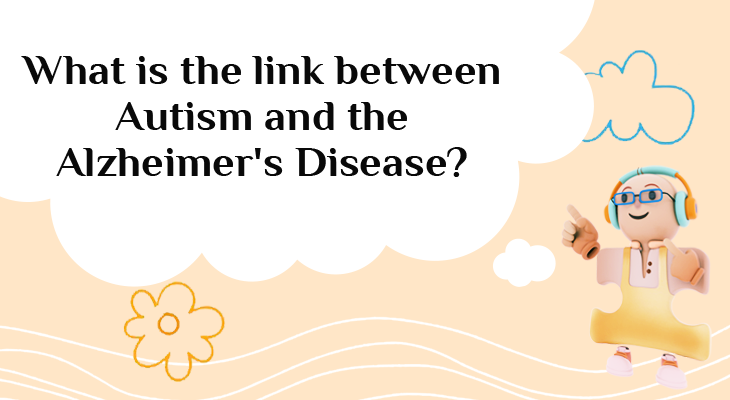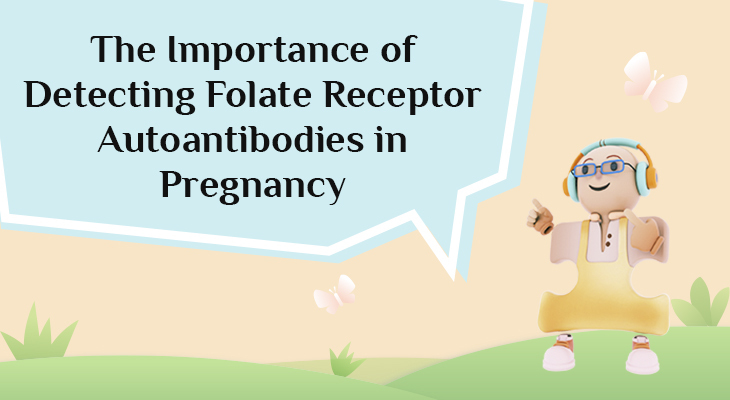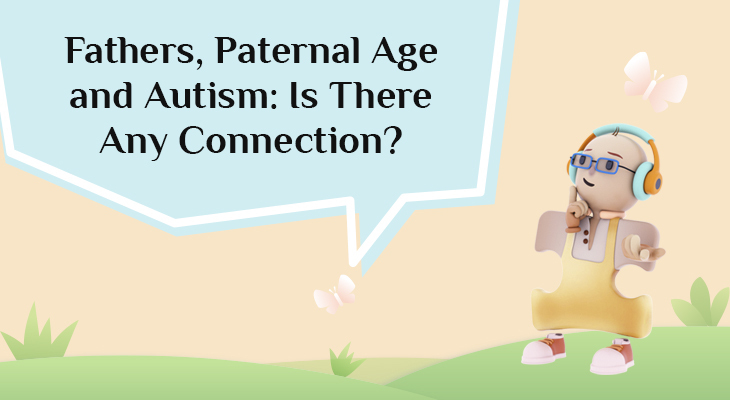
Autism and Alzheimer's – any connection?
Is there a link between autism and neurodegenerative conditions such as dementia/Alzheimer’s? Past studies have shown that Autistic people have a higher-than-average chance of developing a neurodegenerative condition. In a comprehensive study published in August of 2021, researchers suggested that adults with ASD were approximately 2.6 times more likely to be diagnosed with early-onset Alzheimer’s disease and related dementias compared to the general population.
The study, which used data from Medicaid, is one of a few that found higher-than-average rates of neurodegenerative conditions in autistic adults. The risk estimates for Parkinson’s disease in autistic people range from 15 to 20 percent, compared with about 1 percent in the general population. The prevalence of dementia/Alzheimer’s is about 4 percent in those with autism, compared to less than 1 percent in non-autistic people.
In 2015, a study of thousands of medical records from healthcare provider Kaiser Permanente suggested that Parkinson’s disease is about 30 times as common in adults with autism as in the general population. The study also found that autistic adults are about four times as likely to have dementia/Alzheimer’s as controls are.
Although such studies offer some evidence, it is not completely conclusive. Further investigation into this research is certainly warranted.
Why autistic people may have a higher risk of developing neurodegenerative diseases is unknown. Researchers point out, however, that there are several interesting overlaps. While autism spectrum disorder (ASD) and Alzheimer’s disease (AD) are distinct conditions with different characteristics and onset, there are some intriguing connections being explored by researchers:
-
Genetic Links
: Both ASD and AD have genetic components. Some genetic variations associated with ASD have also been implicated in AD, suggesting there might be overlapping genetic risk factors or pathways involved. For example, certain genes related to synaptic function or neuronal development may play roles in both conditions.
-
Brain Changes
: Studies have found differences in brain structure and function in individuals with ASD and AD. Both conditions involve alterations in brain connectivity, although they manifest differently. Understanding these brain changes could provide insights into potential shared mechanisms, such as disruptions in neural networks or synaptic pruning. Interestingly, compared with non-autistic people, autistic people have higher levels of beta-amyloid, the protein that forms plaques in the brains of people with Alzheimer’s, according to analyses of blood samples and postmortem brains.
-
Immune System Dysfunction
: Immune system dysfunction has been implicated in both ASD and AD. Some researchers hypothesize that immune dysregulation, such as inflammation, may contribute to the development or progression of both conditions. This could involve shared immune-related pathways or responses to environmental triggers.
-
Early Life Factors
: Some research suggests that experiences or exposures during early life may influence the risk of developing ASD or AD later in life. Investigating common early life factors, such as prenatal conditions or early environmental exposures, could provide insights into shared vulnerabilities or developmental pathways.
-
Age-related Changes
: While ASD is typically diagnosed in early childhood and AD primarily affects older adults, there may be underlying developmental or aging processes that contribute to both conditions. Exploring how these processes intersect could provide valuable insights into the relationship between ASD and AD.
-
Environmental Factors
: Environmental factors may also contribute to the development of both autism and dementia/Alzheimer’s. Exposure to certain toxins or chemicals during pregnancy or early childhood has been linked to an increased risk of developing autism later in life. Similarly, research has shown that exposure to toxins can increase the risk of developing dementia/Alzheimer’s as well.
Folate – Autism and Alzheimer's connection?
One other interesting connection between Autism and Alzheimer’s is the role of folate (vitamin B9) in both conditions. As we already know, folate is exceedingly important for healthy brain function. This starts with the moment of conception and continues throughout the development of the fetus and into childhood and then adulthood. Folate plays a vital role in brain and neuronal formation and maintenance. In fact, folate deficiency and more specifically cerebral folate deficiency has been clearly implicated in Autism. This is also evidenced with the discovery of folate receptor autoantibodies in those children with autism spectrum disorder. A large percentage of children with ASD have tested positive for folate receptor autoantibodies, suggesting that folate is not able to be properly transported into the brain. Such an impairment of folate transport hinders proper brain function. Interestingly, we may find some similar parallels with those that have Alzheimer’s.
While research on the direct link between folate intake and Alzheimer’s disease prevention is ongoing and not entirely conclusive, there is evidence to suggest that adequate levels of folate may play a role in maintaining cognitive health and potentially reducing the risk of developing Alzheimer’s disease.
Folate is involved in various processes in the body, including DNA synthesis, cell repair, and neurotransmitter synthesis. Deficiencies in folate have been associated with cognitive decline and an increased risk of neurological disorders, including Alzheimer’s disease.
Some studies have found an association between higher dietary intake of folate and a reduced risk of developing Alzheimer’s disease or slower cognitive decline. Of course, more studies are needed to fully understand the relationship between folate and Alzheimer’s disease prevention but there is a solid basis to continue such research. Can it be that folate receptor autoantibodies may also be implicated in Alzheimer’s? Can their presence also affect folate transport in those that have Alzheimer’s? This is a very important question that needs to be answered!
One may determine the presence of folate receptor autoantibodies with the use of the FRAT® test. As with all medical issues and conditions, please consult your physician for information and guidance.



